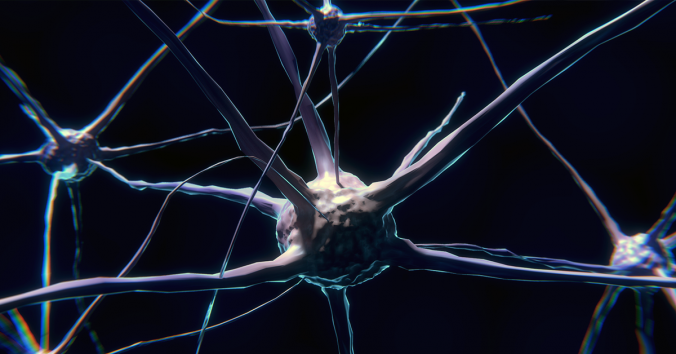What should the healthcare team do when established treatments do not help the patient? Should one be allowed to test a so-called non-validated treatment on the patient, where efficacy and side effects have not yet been determined scientifically?
Gert Helgesson comments on this problem in Theoretical Medicine and Bioethics. His comment concerns suggestions from authors who in the same journal propose a specific restrictive policy. They argue that if you want to test a non-validated treatment, you should from the beginning plan this as a research project where the treatment is tested on several subjects. Only in this way do you get data that can form the basis for scientific conclusions about the treatment. Above all, the test will undergo ethical review, where the risks to the patient and the reasons for trying the treatment are carefully assessed.
Of course, it is important to be restrictive. At the same time, there are disadvantages with the specific proposal above. If the patient has a rare disease, for example, it can be difficult to gather enough patients to draw scientific conclusions from. Here it may be more reasonable to allow case reports and open storage of data, rather than requiring ethically approved clinical trials. Another problem is that clinical trials take place under conditions that differ from those of patient care. If the purpose is to treat an individual patient because established treatments do not work, then it becomes strange if the patient is included in a randomized study where the patient may end up in the control group which receives the standard treatment. A third problem is when the need for treatment is urgent and there is no time to approach an ethical review board and await their response. Moreover, is it reasonable that research ethical review boards make treatment decisions about individual patients?
Gert Helgesson is well aware of the complexity of the problem and the importance of being careful. Patients must not be used as if they were guinea pigs for clinicians who want to make quick, prestigious discoveries without undergoing proper research ethical review. At the same time, one can do a lot of good for patients by identifying new effective treatments when established treatments do not work. But who should make the decision to test a non-validated treatment if it is unreasonable to leave the decision to a research ethical board?
Gert Helgesson suggests that such decisions on non-validated treatments can reasonably be made by the head of the clinic, and that a procedure for such decisions at the clinic level should exist. For example, an advisory hospital board can be appointed, which supports discussions and decisions at the clinic level about new treatments. The fact that a treatment is non-validated does not mean that there are no empirical and theoretical reasons to believe that it might work. Making a careful assessment of these reasons is an important task in these discussions and decisions.
I hope I have done justice to Gert Helgesson’s balanced discussion of a complex question: What is a reasonable framework for new non-validated treatments? In some last-resort cases where the need for care is urgent, for example, or the disease is rare, decisions about non-validated treatments should be clinical rather than research ethical, concludes Gert Helgesson. The patient must, of course, consent and a careful assessment must be made of the available knowledge about the treatment.

Written by…
Pär Segerdahl, Associate Professor at the Centre for Research Ethics & Bioethics and editor of the Ethics Blog.
Helgesson, G. What is a reasonable framework for new non-validated treatments?. Theor Med Bioeth 41, 239–245 (2020). https://doi.org/10.1007/s11017-020-09537-6
We recommend readings





Recent Comments